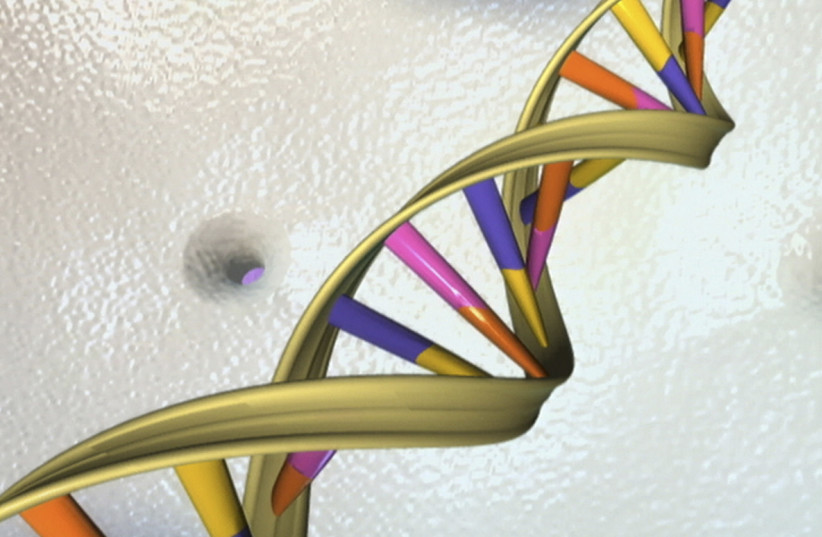Can studying DNA like language lead to new scientific breakthroughs? Dr. Barak Akabayov, a computational biochemist from Ben-Gurion University of the Negev's Department of Chemistry at the Faculty of Natural Sciences and the Data Science Research Center studied DNA replication from a linguistic perspective, publishing his team's findings in the peer-reviewed journal Nucleic Acids Research in October. The study was funded by the Israel Science Foundation.
DNA is represented by groups of letters, so Akabayov, as well as Adam Soffer, Sarah E. Eisdorfer, Morya Ifrach, Stefan Ilic, Ariel Afek, Hallel Shussheim and Dr. Dan Vilenchik of the School of Computer and Electrical Engineering, aimed to learn new information by studying the letter sequences linguistically.
As the interactions between DNA and proteins are an essential process in cells and learning more about this process could allow scientists to control cell replication, Akabayov developed an AI algorithm and found that letter sequences in DNA repeated in predictable patterns.
Additionally, linguistic analysis of the groupings showed their functions. The algorithm uses machine learning to find significant letter groupings and predict future groupings, according to BGU.

The findings could help researchers develop new drugs using this novel approach. "We were successful in developing a multi-disciplinary approach that is innovative on a number of levels," Akabayov said. "Thanks to the tool we developed, we can control specific interactions between DNA and proteins, and identify those DNA sequences that are important to duplicate cleanly before the cell splits.
"I believe we can use this approach to plan innovative new drugs in the future as needed," he predicted.
